Autism Spectrum Disorder (ASD) is a complex neurological condition that affects individuals differently. It’s essential to have a deep understanding of the symptoms and causes of ASD to support those on the spectrum and promote inclusion and acceptance. In this article, we’ll explore the world of ASD, providing a well-rounded view of this condition.
Table of Contents
What is Autism Spectrum Disorder (ASD)?
ASD is a developmental disorder that affects communication, behavior, and social interaction. It’s referred to as a “spectrum” because it encompasses a wide range of symptoms, skills, and levels of impairment. Each individual with ASD is unique, and their experiences can vary greatly.
Common Symptoms of Autism Spectrum Disorder
- Communication Challenges: Many individuals with ASD have difficulty with verbal and non-verbal communication. This can range from delayed speech development to struggles with maintaining eye contact and understanding social cues.
- Repetitive Behaviors: Repetitive movements or actions, such as hand-flapping or rocking, are common in those with ASD. These behaviors can serve as self-soothing mechanisms.
- Social Difficulties: People with ASD may find it challenging to engage in social interactions. They might have difficulty forming friendships, interpreting emotions, or understanding social norms.
- Sensory Sensitivities: Sensory sensitivities are common in ASD. Some individuals may be hypersensitive to sensory input, while others may seek out sensory stimulation.
- Narrow Interests: Many people with ASD have intense, focused interests in specific topics. These interests can be a source of great passion and expertise.
The Causes of Autism Spectrum Disorder
The exact causes of ASD are still not fully understood, but research suggests a combination of genetic and environmental factors play a role. Here are some key points:
- Genetic Factors: Genetics play a significant role in ASD. If a family member has ASD, the risk for another family member is increased. However, no single gene has been identified as the cause.
- Prenatal Factors: Some prenatal factors may contribute to ASD. These can include maternal exposure to certain chemicals, infections, or medications during pregnancy.
- Neurological Factors: Differences in brain development have been observed in individuals with ASD. These differences may affect communication and behavior.
- Environmental Factors: Environmental influences, such as exposure to pollutants or toxins during early development, are areas of ongoing research.
Positive Perspectives on ASD
While ASD presents challenges, it’s important to highlight the strengths and positive qualities that many individuals with ASD possess. Many people on the spectrum excel in areas such as mathematics, art, music, and science. They often have unique and valuable perspectives to offer the world.
Conclusion
In this exploration of autism spectrum disorder symptoms and causes, we’ve gained valuable insights into the complexities of this condition. ASD is not a single, easily defined disorder; it’s a spectrum that varies from person to person. By understanding the symptoms and causes, we can work towards a more inclusive and supportive society for individuals with ASD.
FAQs
-
Can autism be cured?
No, there is no cure for autism. However, early intervention and various therapies can help individuals with ASD develop essential skills and improve their quality of life.
-
Are all individuals with ASD non-verbal?
No, not all individuals with ASD are non-verbal. Some have strong verbal communication skills, while others may be non-verbal or have limited speech.
-
Can adults be diagnosed with autism?
Yes, adults can be diagnosed with autism. Many adults discover they are on the spectrum later in life, and a diagnosis can help them better understand themselves and access support.
-
Is autism caused by vaccines?
No, numerous scientific studies have debunked the link between vaccines and autism. The consensus among medical professionals is that vaccines are safe and critical for public health.
Autism Spectrum Disorder is a complex and diverse condition. By understanding its symptoms, causes, and strengths, we can promote inclusivity and support individuals with ASD on their unique journeys. Embracing neurodiversity and fostering a compassionate, accepting society is key to making a positive impact in the lives of those with autism.

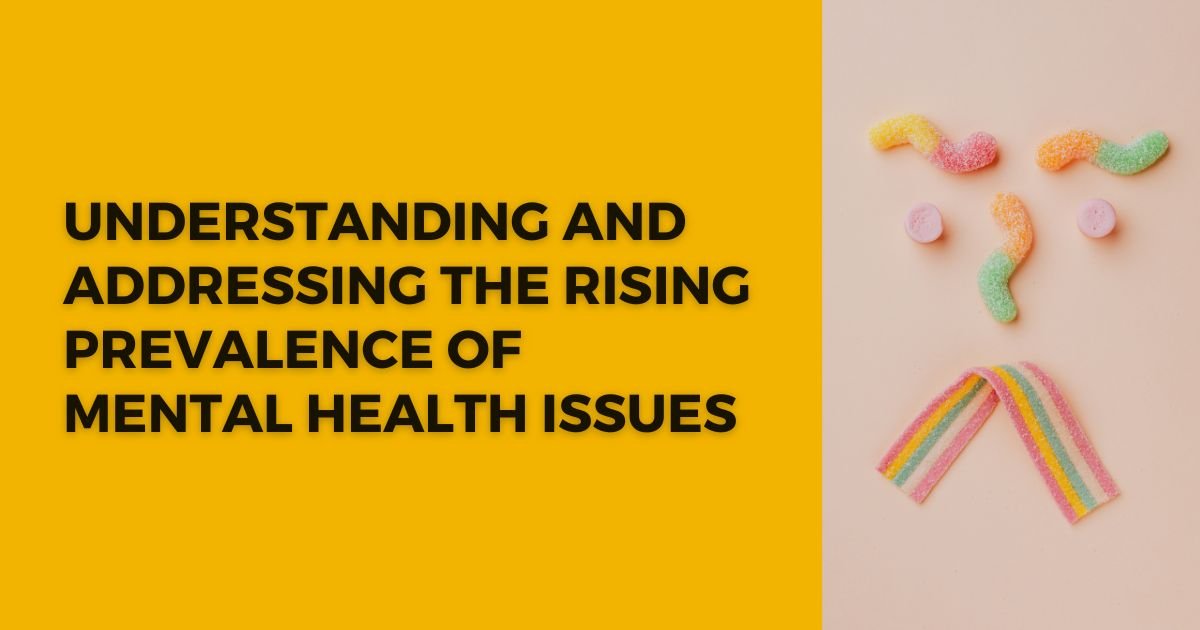



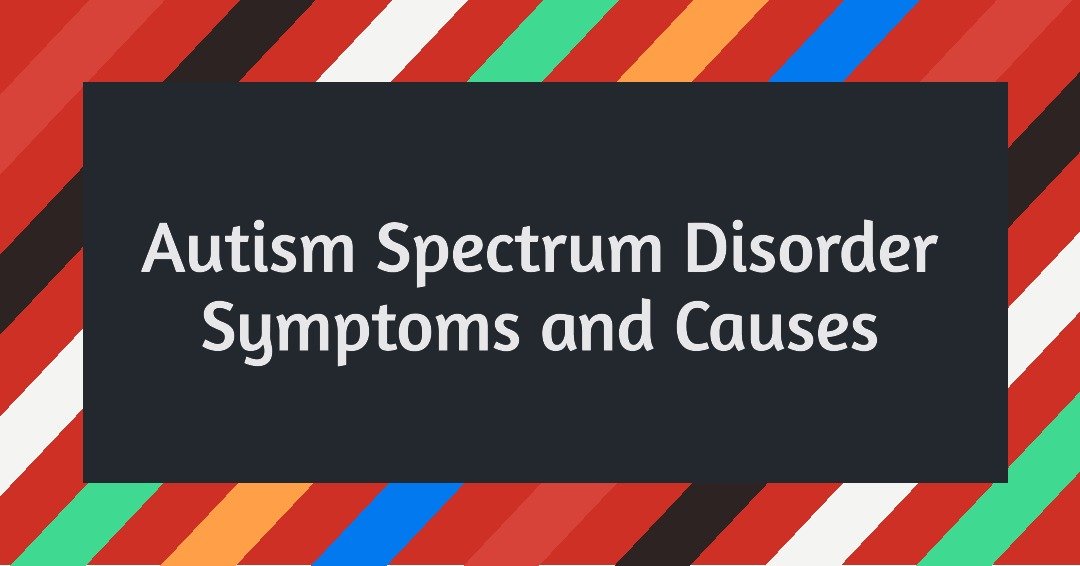
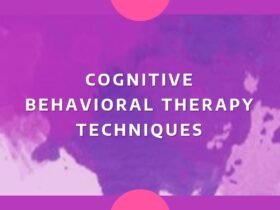


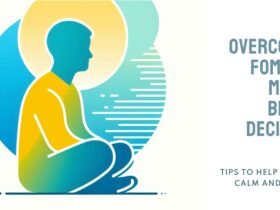
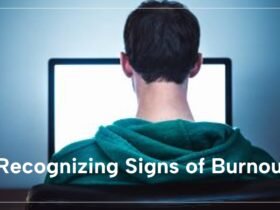


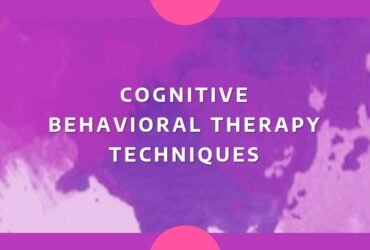
Leave a Reply
View Comments